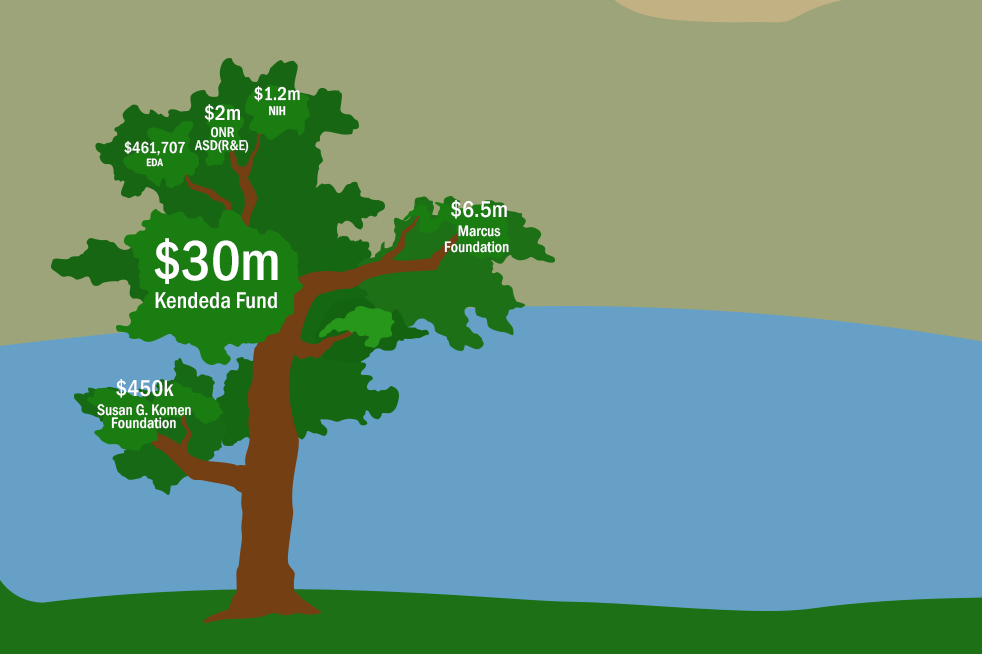The Kendeda Fund donated $30 million to Tech for the planned construction of “the most environmentally advanced education and research building in the Southeast.”
The building will become part of Tech’s planned Eco-Commons. The Eco-Commons will comprise of green spaces that contribute to efforts towards sustainable development on campus by conserving natural resources and providing facilities for education and recreation.
The $30 million grant is one of the largest capital gifts received by Tech. $25 million of the grant covers expenses for design and construction, and the remaining $5 million for later programming activities.
“Georgia Tech is honored to partner with The Kendeda Fund on this groundbreaking project,” said Steve Swant, Executive Vice President for Administration and Finance at Tech. “The innovative thinking that will be required to achieve a Living Building Challenge 3.0 facility provides the opportunity to create a living-learning laboratory on campus for hands-on educational and research opportunities that will be a model for the region and similar environments around the world.”
This project will create the first Living Building Challenge 3.0 certified building of its capacity and function in the Southeast. The building will be designed to have zero net energy and water consumption and meet Living Building Challenge 3.0 requirements. To obtain certification as a Living Building, the building must fulfill rigorous standards of performance for a full 12-month period with normal operations and complete occupancy. Other buildings at Tech such as the Carbon-Neutral Energy Solutions (CNES) Laboratory will act as testing grounds for strategies that will be implemented in the proposed building.
“Currently, teams from Capital Planning and Space Management and Facilities Management are evaluating several potential sites on campus,” said Howard Wertheimer, Director of Capital Planning and Space Management at Tech.
A building under these criteria will have to produce as much energy as it consumes. Optimizing water utility and energy resources while decreasing dependence on them are among the challenges.
“We could not imagine a better partner than Georgia Tech to join us in pursuing the Living Building Challenge,” said Barry Berlin, an advisor to The Kendeda Fund responsible for looking after its investments. “This project builds on nearly two decades of work by The Kendeda Fund to advance sustainability throughout Atlanta’s built environment.”
Tech will receive final approval from the University System of Georgia Board of Regents for this project later this fall. The current objective is to start construction by 2017 and reach occupancy in 2018.
